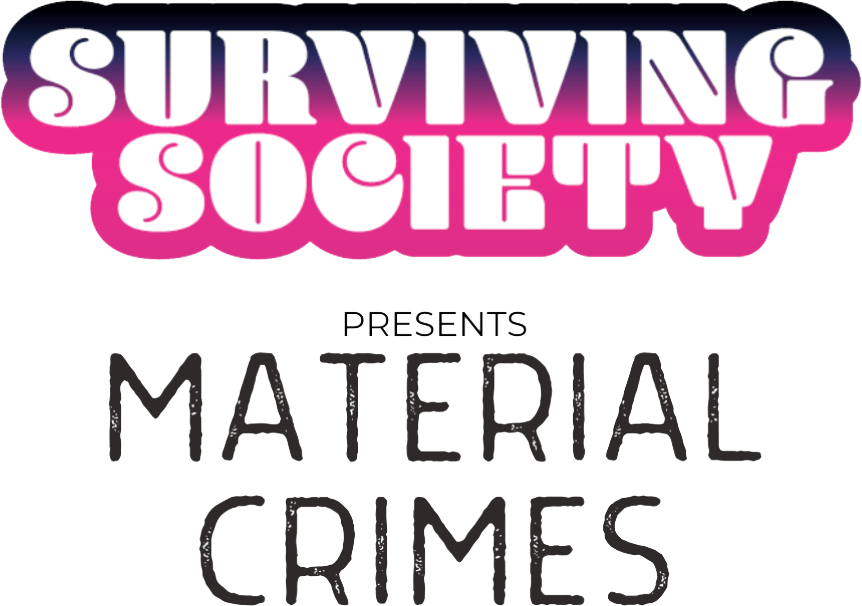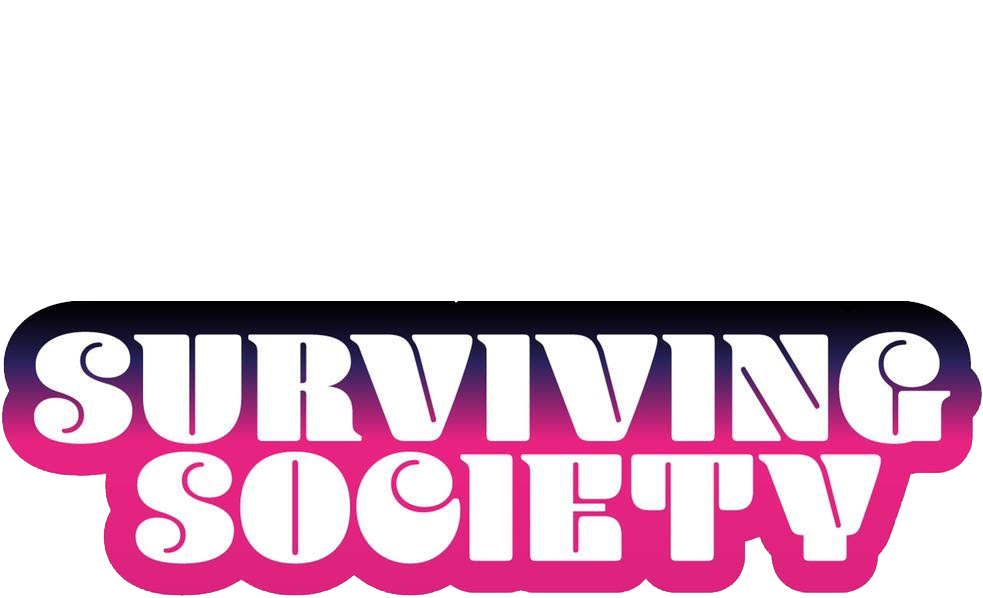Call For Episodes: The Next Season
Deadline For Proposals: Closed
Introduction to Surviving Society Productions
Surviving Society was first broadcast in September 2017 and became a weekly podcast in July 2019. Surviving Society started as a way to communicate PhD research, and over time has developed into a public platform for people interested in anti-racism, politics and history. The podcast aims to engage in political dialogues in an accessible way; contributing to a form of public sociology which endeavours to make theory and practise applicable to daily life. Surviving Society is about communicating how sociology can help to challenge common-sense understandings of ‘race’, class, and gender and to discuss how entrenched inequalities shape both political conversations and individual experiences. Our work is informed, facilitated and inspired by a breadth of historical and contemporary activism and scholarship that has sought to challenge the status quo.
Series Description
How can infrastructure be criminal? How does a mine, an electricity grid, a train or a factory, become a perpetrator of violence, insecurity and threat? Surviving Society Presents: Material Crimes tries to answer these questions. Each episode investigates a different, discrete piece of infrastructure, tracing its global - often colonial - connections across time and space. They show us how the physical sites of everyday life are intimately linked to networks of private and public actors that inflict violence on spaces and communities often living on the margins. The series also shines a spotlight on the movements people have built to reveal and challenge the infrastructural crimes that harm them.
How does this work?
Surviving Society Presents: Material Crimes is what happens when “true crime” meets academic research. Like a detective, each episode’s narrator follows the trail of a different infrastructural crime, grounded in a specific site, with its own particular history. But whether the focus is a gas field, a prison or a mine, in a neighbourhood in London, South Africa’s urban slums, or a military base in Cuba, contributors explain how infrastructures maintain and perpetuate uneven and violent systems of conquest, resource extraction and profit-making. As a whole, the series takes a deep dive into the material crimes that shape the lives of colonised, racialised and marginalised communities everywhere, and how they are mobilising for different, liberationist futures.
Countless voices are involved in shaping these stories. Every episode is told by a different narrator, each with a personal connection to the infrastructural crime they describe. Along the way, a host of incredible academics and activists help unravel the infrastructural crime - and struggles for justice - explored in the episode.
The Call
To continue to showcase diverse voices, stories, sites and struggles, we are issuing this call for episodes. We are looking for new stories, led by scholars, researchers, activists, practitioners and/or teachers (from the Global South or Global North), directly invested in changing the way we see and understand the violence of infrastructure, and the people who challenge it. Once we have selected the stories to be featured on the podcast, we offer a lot of support: our team will work with you to record the interviews, select archival material, script the episode in an accessible manner and record the narration. Our sound editor will then curate and edit together the different pieces, in post-production. You will also work with our web designer/artist, Frederick Kannemeyer, to develop visuals to accompany your episode.
How to submit a proposal
The call for proposals are now closed.
We are aiming to broadcast Season 2 in late 2023 and Season 3 the following year (2024). We will work with you to ensure we meet production timelines, while remaining sensitive to other professional and personal commitments.
The People Behind the Podcast
Maia Holtermann Entwistle (LSE) and Sharri Plonski (QMUL) are the series’ co-directors. They are both scholars of colonialism, infrastructure, race, and resistance, with a regional focus on the Middle East.
Surviving Society Productions is directed by Chantelle J Lewis and executively produced by George Ofori-Addo (Adders). Surviving Society has a record of more than five years and over 200 episodes of content, focused on scholarship, activism, and community organising.
Surviving Society’s George (Adders) Ofori-Addo is the series’ sound editor. In addition to his role as executive producer with Surviving Society, Adders is an award-winning audio-producer. He has worked on numerous productions including BBC 5 Live’s Tailenders and BBC1 xtra - Smartphones, and the podcasts of Echo Chamber, The world is ours, to name a few.
Frederick Kannemeyer, a South African artist, architect and website designer with extensive expertise in high-concept website projects, designed and will continue to develop and curate the project website, including the collage and mapping work that incorporates each episode’s visual story.
Contact/Social Media:
︎ materialcrimespodcast@gmail.com
︎ @survivingsocietypod
︎ @survivesocpod
︎ Surviving Society - Back Catalogue
Queen Mary University of London: https://www.qmul.ac.uk/
Surviving Society Podcast: https://podcasts.apple.com
Surviving Society Podcast: https://podcasts.apple.com
Material Crimes is currently co-funded by the Surviving Society Podcast and the School of Politics and International Relations, the Global Politics Unbound Research Cluster and the Institute of Humanities and Social Sciences, at Queen Mary University of London
Copyright © 2023 Material Crimes. All Rights Reserved
Copyright © 2023 Material Crimes. All Rights Reserved

